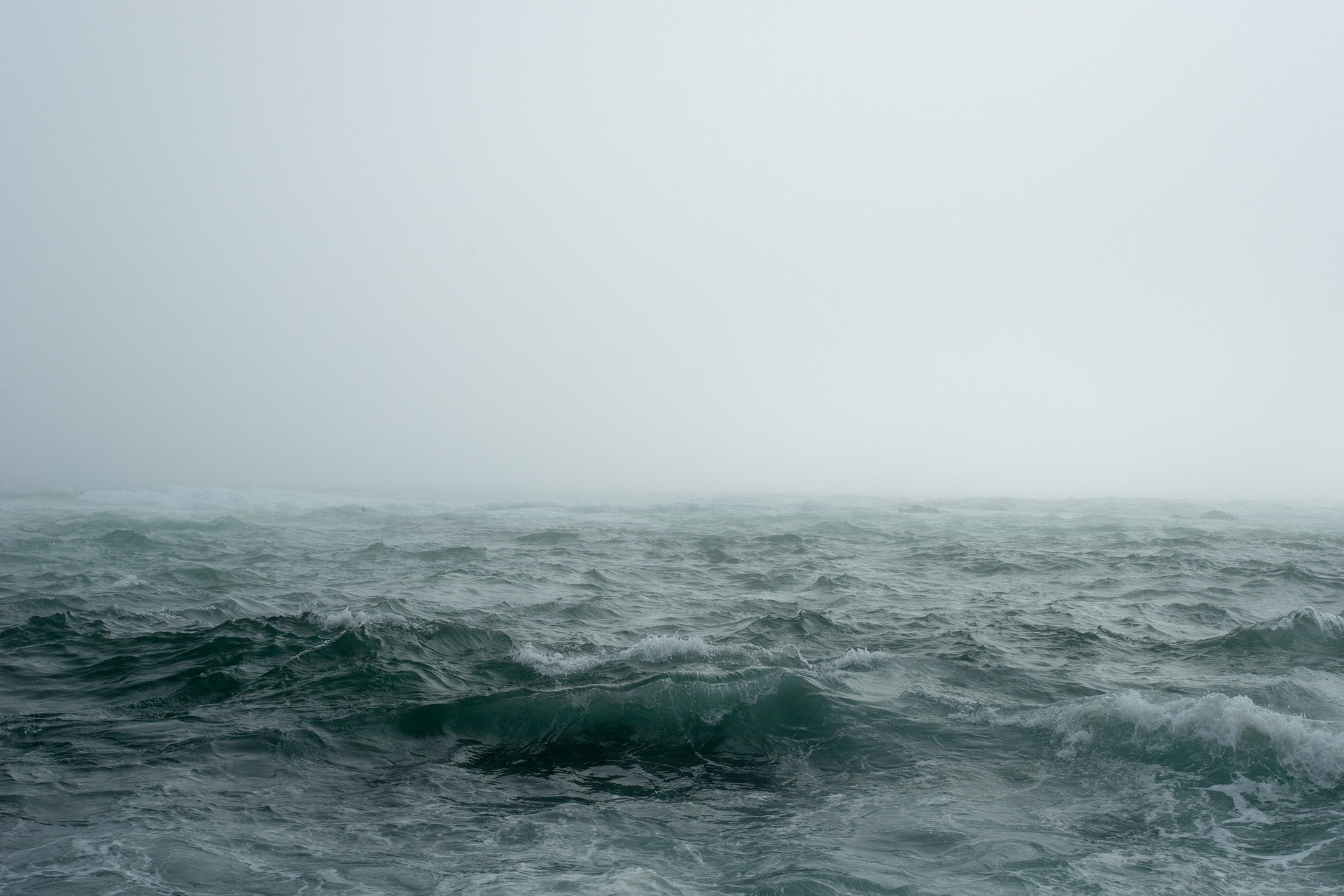An international team of scientists, including Professor Richard Barnes from the University of Lincoln, have produced new recommendations to help ensure a more sustainable future for UK fisheries in the post-Brexit era.
To help ensure this opportunity is not lost, a team of academics representing international perspectives in natural resource management, fisheries, marine conservation, law and economics have made a series of recommendations to the Government for more sustainable management of marine fisheries. The main points they raise are:
- Fishing pressure should be such as to allow stocks to reach levels that are 120 percent of that needed to maintain maximum sustainable yields, providing resilience in the face of climate change. Prey fish, on which commercial and other species depend for food, should also be further protected.
- Exploitation of fisheries should be considered more holistically within the wider context of marine resource management, e.g. considering effects of fishing on stocks of marine carbon, and development of a diverse, low emission and modern fishing fleet. Overall fishing capacity should be reduced to allow overexploited populations to recover.
- Existing and future Marine Protected Areas should be adequately protected to promote the regeneration of degraded habitats and restoration of fish stocks by setting clearer targets for enforcement. The fleet should be supported by the use of best available technologies, including Remote Electronic Monitoring.
- In addition to the fishing industry, the Government should work in close partnership with the fisheries and the marine conservation science community and seek to regenerate degraded marine ecosystems, on which sustainable fisheries depend. This may mean people reconsidering the amount and kind of fish they eat and how they are caught.

The proposal are intended to help guide the implementation of a key policy called the Joint Fisheries Statement.
Professor Richard Barnes from the University of Lincoln said:
“The Joint Fisheries Statement will set the direction of UK fisheries management for the next 6 years. The Statement will have a significant impact on how fishing is regulated. Our recommendations show where key improvements can be made within the current legal framework that will make fisheries more sustainable. We aim to keep working with stakeholders to see how well the JFS is implemented”
The results of the research, published in two papers in Marine Policy, have been shared with Defra and members of the All Party Parliamentary Group on Fisheries to help guide the implementation of the recently published Joint Fisheries Statement.
Further Information:
Paul S. Kemp, Gowshika Subbiah, Richard Barnes, Kristina Boerder, Bethan C. O’Leary, Bryce D. Stewart, Chris Williams, The future of marine fisheries management and conservation in the United Kingdom: Lessons learnt from over 100 years of biased policy’ (2023) 147 Marine Policy 105075: https://www.sciencedirect.com/science/article/pii/S0308597X22001221
Paul S. Kemp, Gowshika Subbiah, Richard Barnes, Kristina Boerder, Bethan C. O’Leary, Bryce D. Stewart, Chris Williams, ‘Future advances in UK marine fisheries policy: Integrated nexus management, technological advance, and shifting public opinion’ (2023) 147 Marine Policy 105335: https://www.sciencedirect.com/science/article/pii/S0308597X22003827
